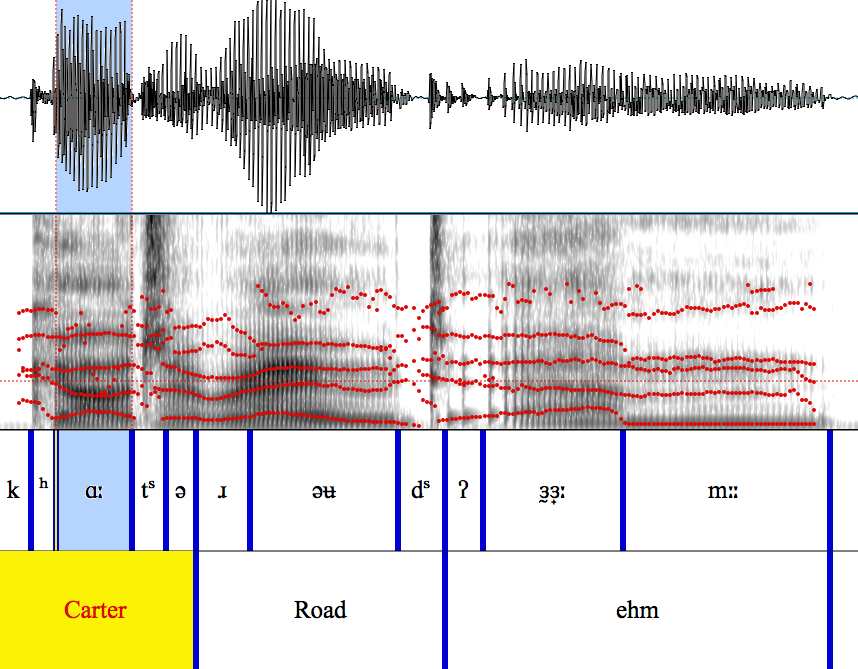
Submitted by Administrator on Thu, 13/12/2012 - 16:46
Professor Francis Nolan and Dr Kirsty McDougall from the Phonetics Laboratory (DTAL) and other forensic speech experts discuss their research on speaker characteristics in a recent BBC Radio 4 programme. The programme considers the increasing role played by forensic phonetics in the digital age, and looks at new developments within the field.
Although success stories such as the eventual identification and successful prosecution of the Yorkshire Ripper hoax caller, John Humble, have received wide publicity, speaker recognition is an extremely complex and difficult task and rarely provides conclusive evidence that can stand alone in court. As Dr McDougall points out, "Because speakers don't speak the same way on any two occasions, speech features are not like a fingerprint, but they do provide information which can help refine the [forensic] picture."
Professor Nolan has recently led two ESRC-funded projects, DyViS and VoiceSim, which studied aspects of speaker identity.
Dr McDougall is currently undertaking a project entitled 'A Phonetic Theory of Voice Similarity' which has practical implications for the construction of voice line-ups.
For a related article on this research published in 2007 see
http://www.cam.ac.uk/research/features/can-a-voice-identify-a-criminal/
Frontiers, Forensic Phonetics is available on BBC iPlayer at
